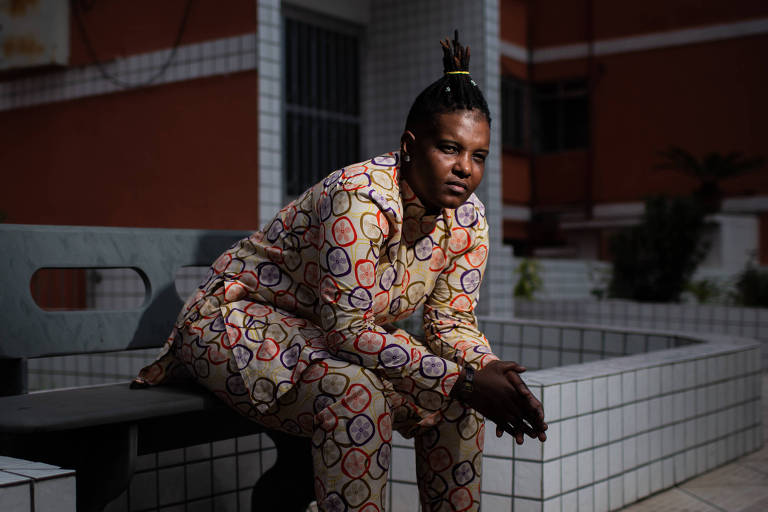Lara Lopes, 34, tried for years to keep a "low profile" in her native Mozambique. The effort involved keeping an essential part of herself secret: her sexual orientation. Still, she was attacked by unknown men in the street and got arrested and shared a jail cell with men.
She was also bullied during college, and as much as she tried, she couldn't get a job. "I've known I was different from a young age. I liked to wear my hair short, boys' clothes, soccer," she says. "As I grew up, it got worse. I had girlfriends, but it was always a secret. My family is conservative."
In Mozambique, same-sex relationships were not only taboo; they were outright outlawed until 2015. In 2013, Lopes grew tired of the harassment and came to São Paulo. "I had no perspective there. Then I saw a Brazilian telenovela that portrayed a lesbian couple, I researched a bit and left without saying goodbye to no one," she describes.
The Brazilian authorities granted Lopes asylum after her accounts of threats she suffered in Mozambique for being lesbian.
According to data obtained by Folha, Brazil received in six years 369 requests for asylum, in grounds of persecution of sexual orientation or gender identity. The numbers come from the UN Refugee Agency and Brazil's National Committee for Refugees for years 2010-2016.
In some African countries, punishments for gay people range from fines, flogging, arrested and sentenced to a life sentence or death penalty.
For Lopes, the arrival of her girlfriend, two years after hers, helped her transition into life in Brazil. The couple has been together for eight years. "I don't want disrespect anyone. I only want to have a family, get work," she says. "The difference is that here we don't have to lie.
Translated by NATASHA MADOV
Read the article in the original language
